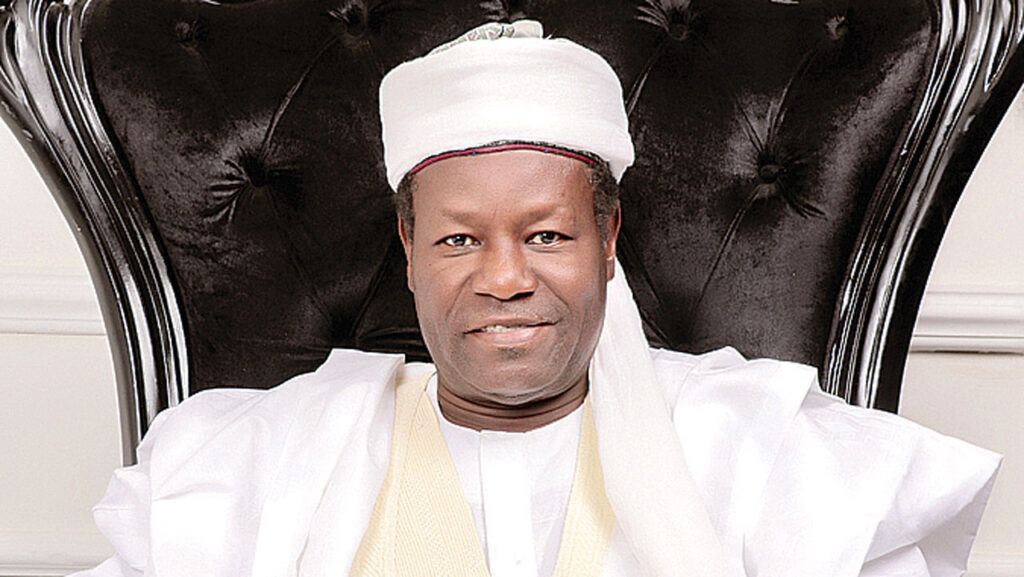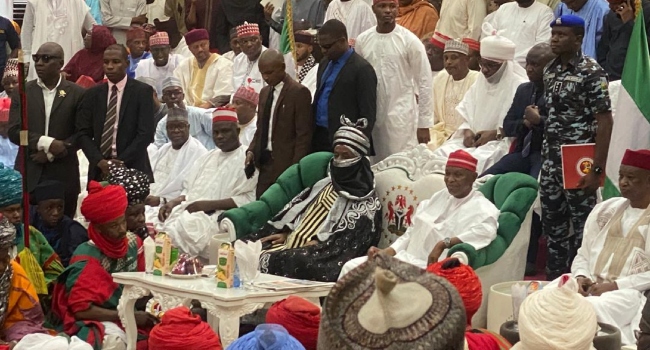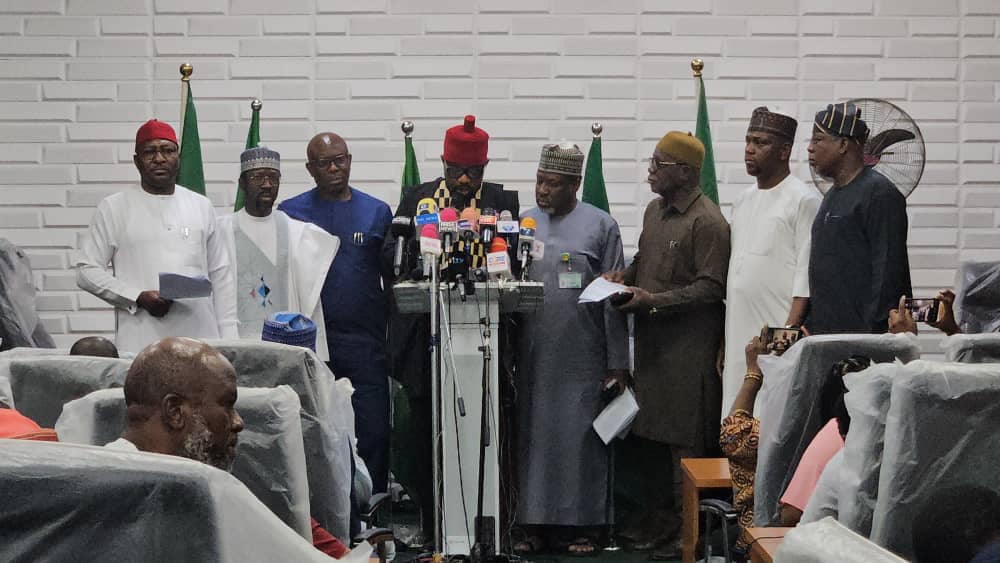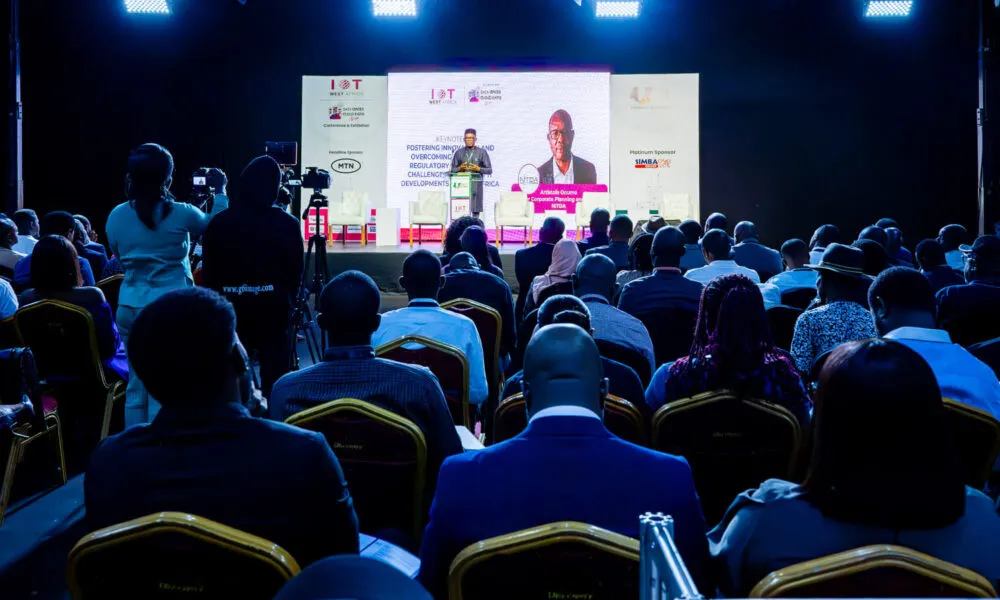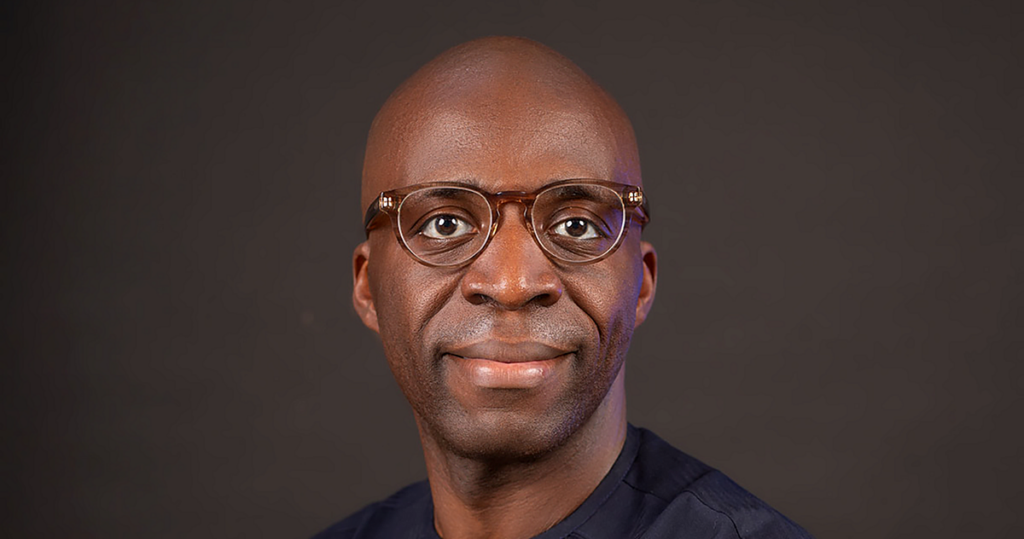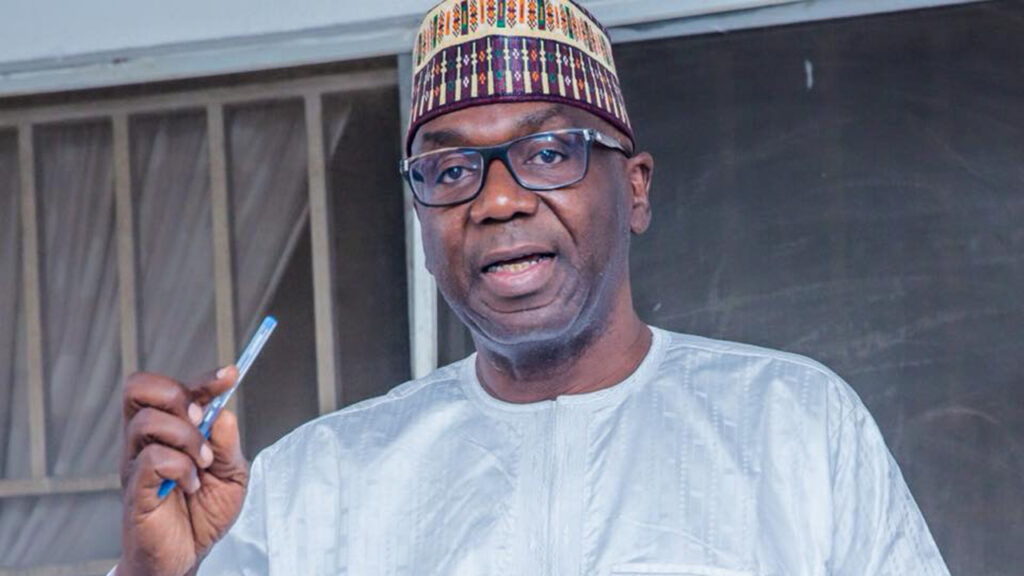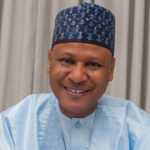
Former Director General of the National Broadcasting Commission (NBC), Dr. Nasir Danladi Bako, OON, has identified self-regulatory mechanism as antidote to combating the menace of information disorder plaguing the media industry in Nigeria.
In a presentation titled, ‘Harnessing African Solutions to Combat Fake News, Malinformation, Misinformation and Disinformation’, at the fist international symposium of the National Open University of Nigeria (NOUN), Bako said: “We must reintroduce civic education and history as subjects in primary school through secondary school to imbibe nationalism, national interest and high moral standard and values. This is because our moral fabric is too weak.
“Reliance on self-regulation as proposed by proponents of press freedom is ideal and possible, but remember that man is deviant by nature and people will always break rules irrespective of what you do. If everyone was born law-abiding, then we would not need policemen or law courts.
“Humans will always break whatever law you put in place for social media obstructs. Therefore, enforcement of laws and regulations are desirable and a major key to reducing information disorder.”
Bako noted that before now, the structure of information flow and processing within print and broadcast ecosystems were well barricaded with checkpoints of gatekeeping and intense scrutiny by editors, subeditors and line-editors before going to the press.
“I was privileged to be the quality control officer otherwise known as controller and later manager at the network service of the Nigeria Television Authority (NTA) in the 1980s. So, I saw every frame, jingle, shot, advert, programme and story before clearing and sending it to master control for transmission.
“As a radio continuity announcer between 1980 and 1982 at Radio Nigeria 2, Lagos, you had to submit your script for approval and can only select records for broadcast from the library. Private records and tapes were prohibited at the stations. The gatekeepers were alive and responsible to their duties,” Bako observed.
The former NBC DG regretted that the advent of democracy, free speech and increased agitation for press freedom engendered the proliferation of newspapers in the 1970s and 1980s, but sourcing of high quality staff was challenging.
He said: “The lack of patience to train new entrants adequately brought a drop in quality of reportage in the 80s and indeed the near absence of enforcement of ethical standards by the industry ombudsman allowed reckless journalism to thrive.
“The evolution of computer technology and Information Communication Technology (ICT) only provided greater and expansive platforms for the amplification of various philosophies, agendas and destabilisation strategies.
“Similarly, the complex orchestration and political contestation for power, especially executive power at the federal and state levels provided strong alibi for demonisation of people, societies, political parties and certain demographics in some extreme cases.”
He added that with the deregulation of the broadcast media space in 1992, the number of stations rose from about 60 in 1990 to 800 in 2022, a development that contributed greatly to drop in the quality of output.
“This is due to the fact that the process of intended deregulation requires that more intensive training on ethics of the profession be carried out before licensing the station, but a few academics felt broadcasting should not be regulated quoting press freedom as alibi.
“Of course, a few entrepreneurs also jettisoned merit and more or less went to motor parks in their villages to draft people as newscasters and reporters.
“This has been the continuous battle of broadcast and print regulation as my personal experience. Media scholars believe that broadcasting deregulations, diffusion of information technology platforms and the proliferation of social media platforms, individuals, bloggers, and non-professionals now swarm the airwaves without control to publish information (factual or false) online without fact checking its source and content,” Bako said.
He noted that the Nigerian media is fairly free and unfettered, adding that journalists must play by the rules.
“Freedom of press is ideal, but responsibility must be the guiding principle all the time. The citizenry must also join in the advocacy for media hygiene and sanitation of the airwaves by encouraging a subculture of sanity in thought, word and deed.
“This can manifest in our local town union meetings, clubs and associations, professional bodies, as well as women and youth societies. The culture of ‘clean and decent speech’, as I call it, must become part of us.”

